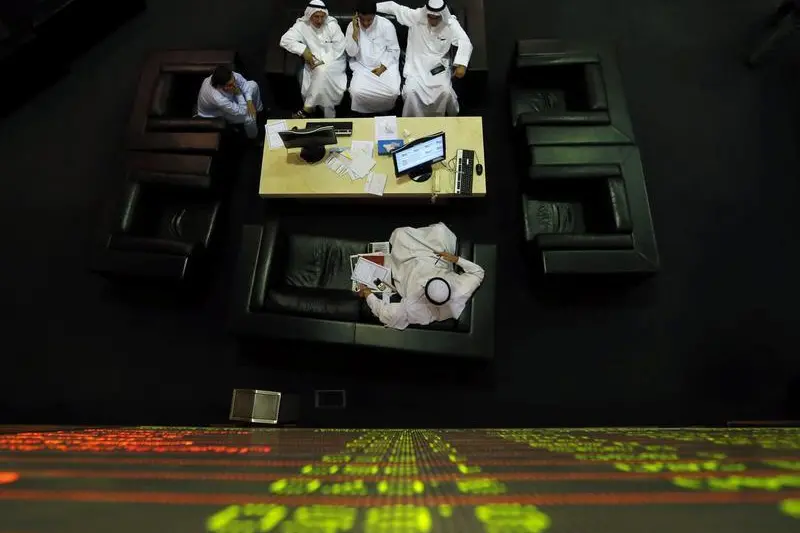PHOTO
Stock markets in the Gulf ended mixed on Wednesday on weak oil prices and ahead of the year's final Federal Reserve policy decision and clues about the timing of next year's rate cuts. Prices of oil — a catalyst for the Gulf's financial markets — were little changed, after falling by more than 3% to six-month lows in the previous session on oversupply and demand concerns.
In Abu Dhabi, the index eased 0.1%, hit by a 0.3% fall in the country's biggest lender First Abu Dhabi Bank.
The Abu Dhabi stock market could remain under pressure with oil prices still on the decline, said of Eman AlAyyaf, CEO of EA Trading. The market has rebounded this week but could continue to see downside risks.
Dubai's main share index gained 0.1%, helped by a 1.5% rise in sharia-compliant lender Dubai Islamic Bank . Saudi Arabia's benchmark index added 0.1%, with Alinma Bank gaining 1.8%.
On Wednesday, the Federal Reserve is widely expected to leave interest rates unchanged for a third straight time, but also signal that a pivot to monetary policy easing will neither come soon nor be sharp, given inflation's bumpy progress downward.
Most Gulf Cooperation Council countries, including the UAE, have their currencies pegged to the U.S. dollar and follow the Fed's policy moves closely, exposing the region to the direct impact of monetary tightening in the world's largest economy.
The Qatari benchmark rose 0.1%, snapping an eight-day losing streak, with Qatar Islamic Bank rising 1.7%.
Outside the Gulf, Egypt's blue-chip index advanced 2.9%, as most of its constituents were in positive territory including Misr Fertilizers Production Co, which was up 20%.
- SAUDI ARABIA rose 0.1% to 11,401
- ABU DHABI fell 0.1% to 9,437
- DUBAI added 0.1% to 3,939
- QATAR gained 0.1% to 9,740
- EGYPT rose 2.9% to 24,774
- BAHRAIN dropped 0.8% to 1,923
- OMAN eased 0.2% to 4,575
- KUWAIT was up 0.4% to 7,455
(Reporting by Ateeq Shariff in Bengaluru; Editing by Shilpi Majumdar)




















